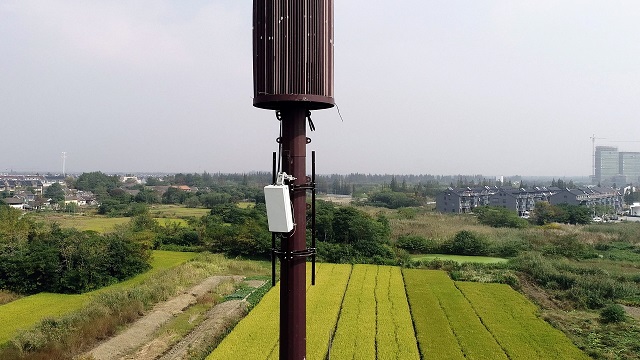AT&T chief executive officer Randall Stephenson said that China’s Huawei Technologies is making it difficult for European mobile operators to drop the company from its supply chain for 5G service, Reuters reported.

“If you have deployed Huawei as your 4G network, Huawei is not allowing interoperability to 5G — meaning if you are 4G, you are stuck with Huawei for 5G,” said Stephenson at a speech in Washington.
The latest Ovum research report said 5G connections will reach 5,000 in Eastern Europe and 206,000 in Western Europe in 2019.
United States has been pressuring other countries to drop Huawei from their 5G networks due to perception that Huawei may support China in spying. Several allies of US have indicated that they would drop Huawei from 5G network deployment.
Earlier, Huawei filed a complaint in a U.S. federal court seeking a declaratory judgment that the restrictions targeting Huawei are unconstitutional, and a permanent injunction against restrictions.
Huawei said estimates from industry sources show that allowing Huawei to compete would reduce the cost of wireless infrastructure by between 15 percent and 40 percent. This would save North America at least $20 billion over the next four years.
Randall Stephenson said the U.S. government could do a better job explaining the security risks of Huawei. “The biggest risk is not that the Chinese government might listen in on our conversations or mine our data if we use their equipment,” Stephenson said.
5G-powered IoT networks will drive U.S. factories, utilities, refineries, traffic management and help underpin autonomous vehicles within a decade. “If that much of infrastructure will be attached to this kind of technology do we want to be cautious about who is the underlying company behind that technology. We damn well better be,” Stephenson said.
United States warns that 5G equipment, which some telecoms experts see as more vulnerable to attack than previous technology, could be exploited by the Chinese government for spying if supplied by Huawei.
Huawei has grown rapidly to become the world’s biggest maker of telecoms equipment and is embedded in the mobile networks and 5G plans of many European operators. It denies that its technology represents a security risk.
Leading telecom operators in the United States will rely on Nokia, Ericsson and Samsung for their 5G networks.
Meanwhile, Chancellor Angela Merkel said Germany will not exclude any one tech company from its 5G spectrum auction per se, but wanted bidders in the mobile spectrum auction to meet certain requirements.
